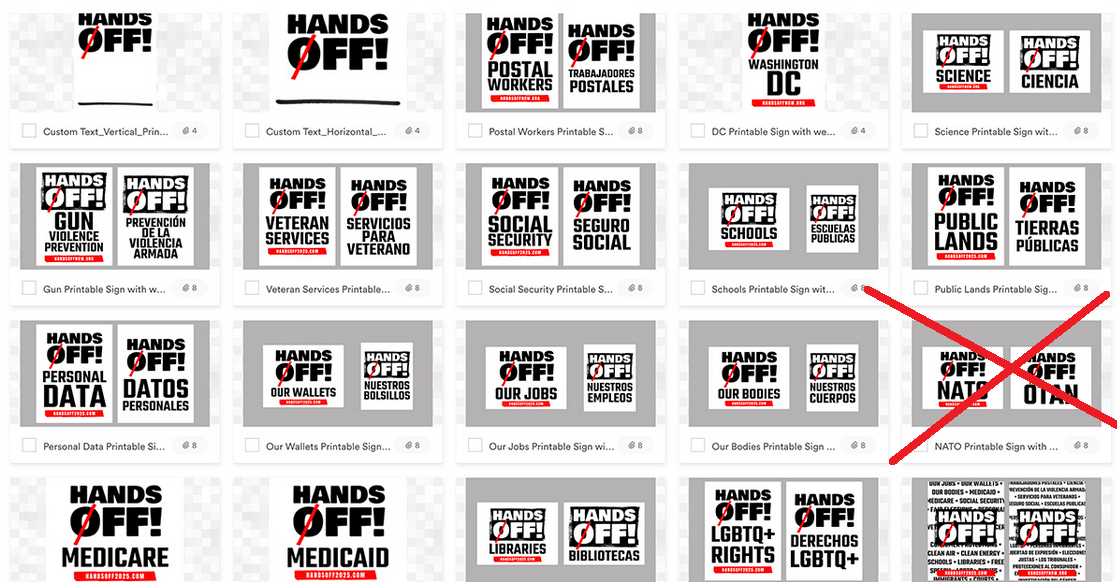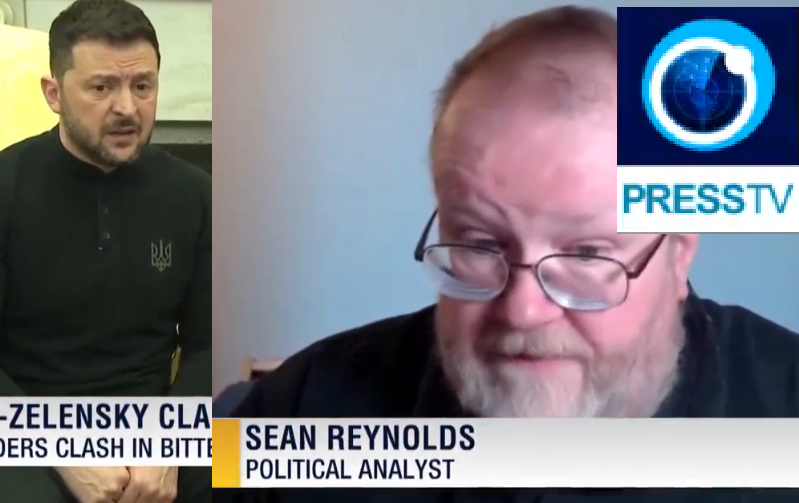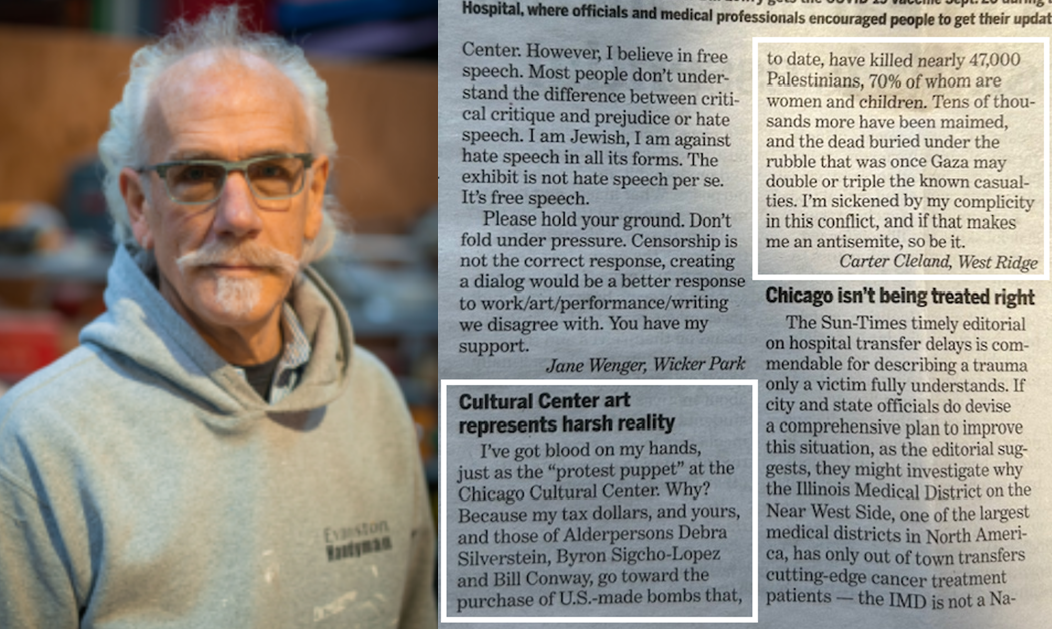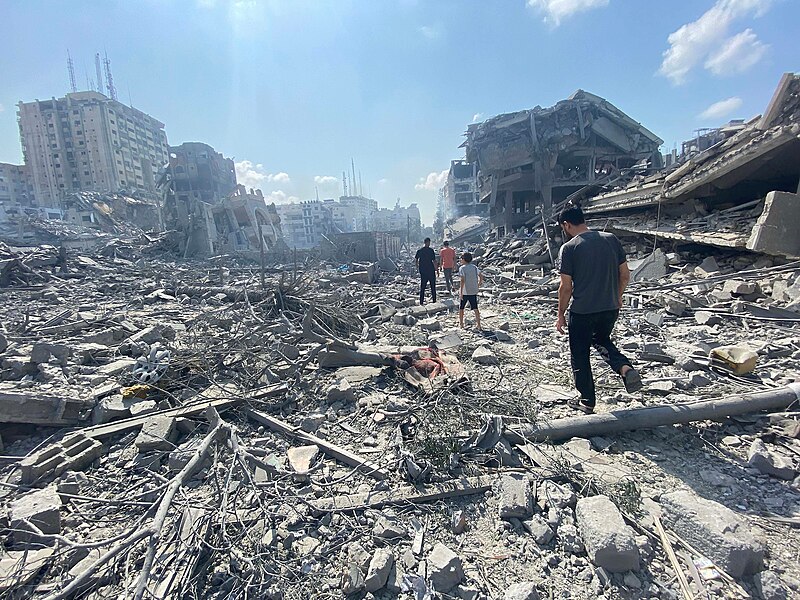On October 17 of last year, CAPA was honored to award local activist Lesley Williams our “Robert Cleland Pursuit of Peace Award.” Lesley is a community advocate and activist for racial justice both locally and globally. In her hometown of Evanston she has served as president of Open Communities, a HUD-certified fair housing organization, and the Community Alliance for Better Government, which pushes for transparency and racial justice in city services. She has previously served on the boards of Family Matters in the North of Howard area, the Evanston United Way, and Interfaith Action of Evanston.
We thought it was time to share the wisdom of her acceptance speech with you.
—–
“Thanks to the committee and the board and to all the inspiring activists and advocates I’ve worked with in Jewish Voice for Peace, the Center for Jewish NonViolence, Evanston Ceasefire, Open Communities, and the Community Alliance for Better Government . I am here because of all of you.
“When I was in grad school, several of my friends used to go dancing Friday nights at a local club. Nothing fancy, just loud music, cheap beer and a big dance floor. One semester a group of very large guys (okay, they were from a frat) started turning up and commandeering the dance floor. Every week they would arrive, nod to each other and start performing a very aggressive version of the electric slide: arms pumping, elbows effectively pushing anyone and everyone who wasn’t in their group off the floor.
“People muttered a bit. But no one challenged them, including the managers. Most of the crowd would just give up and retreat when these guys arrived.
“But I kept dancing. The guys would shout their trademark “Boo yah!” the warning for everyone to clear the floor, but I kept dancing. Elbows would fly toward my face, shoulders would be shoved into my back, but I kept dancing. At times it probably looked sort of like the Roxbury guys from Saturday Night Live, but I kept dancing, holding my space, refusing to be intimidated by a group of posturing jerks. And little by little, other folks started to come back to the floor. Other folks started to dance with me, our determination the solid rock that forced that wave of commando dancers to break. And eventually, the frat stopped coming to the club. It didn’t happen right away, it took several weeks but eventually the dance floor was open to everyone yet again.
“This for me is quintessential activism: being that small immovable rock that the waves of fascism, racism, and sexism break over. It doesn’t have to be loud and showy. It can be the quiet determination of a Rosa Parks, or the Sumud, the steadfastness of Palestinian teens dancing debka amidst rocket fire in Gaza.
“A few things I’ve learned along the way.
“Being an activist is NOT the swiftest route to popularity. Quite the opposite in fact. During my checkered career I’ve been called arrogant, ignorant and uppity. I’ve been accused of elitism, reverse racism and antisemitism. I’ve been the angry Black woman and the self-hating Jew. And I’ve been told I have no team spirit. (sigh)
“But I’ve reminded myself of two things. First, you lose a lot more battles than you win, but this isn’t a reason to stop fighting. Second, every person who has actively made a difference in the world was hated by someone at some point. And they’ve all probably thought they were failures, and that they weren’t making a difference. I know I have. Near the end of his life, Martin Luther King was one of the most unpopular people in America, not only due to his racial justice work but because he also spoke out against the Vietnam war, and was making powerful friends uncomfortable. But he knew that principles were more important than friendships, and if he had to lose friendships to stop an unjust war, then so be it.
“Now there’s no way I’m going to compare myself to MLK, but that’s another thing I’ve learned…
“Being an activist is hard but living with oppression is harder.
“It’s very easy to get self righteous about our activism, “Aren’t we such good good people!” Aren’t we heroic! Look at our noble sacrifice!” But true activism doesn’t center activists, it centers the people being impacted. And it requires the humility to admit that sometimes we activists don’t have all the answers, and we need to listen to the people we think we’re helping. We need to admit that we make mistakes; that we make racist or classist assumptions, that we misgender people, that we sometimes talk down to people. I’ve done it; you’ve done it. True allyship demands this humility, the willingness to listen, and to make amends when we screw up.
“Most important of all we have to insist on justice in every aspect of our lives.
“This means living as though the lives of those on the other side of town, the other side of the world are as deserving as our own, that their children deserve the same care and opportunities as ours.
“There is an ethical principle in the Talmud loosely translated as “is your blood redder”. A commentary tells the story of a rabbi counseling a grieving father whose son was scheduled to be exterminated at Auschwitz. The father could bribe a guard to release the boy but that would mean another child would be selected to take his place. Was it permissible for him to do this? The rabbi merely responded “Is your son’s blood redder?” The father bowed his head and asked the rabbi to help him say Kaddish, the prayer for the dead, for his beloved son.
“Admittedly this is an impossible standard. I doubt that any of us would have made the same choice as that father; I know I wouldn’t have. But we must continue to ask ourselves: when we insist on the best for our families, our communities, our country, are we dooming someone else’s children to the worst? Does our need for safety justify policing and militarization that makes others demonstrably unsafe? Does our need for faster, more sparkly technology; for more oil, and cheaper clothes, justify sweatshop labor, techno waste, and devastating chemical exposure for those half a world away? Do we truly value excellence for all or only for a few? A high standard of living for ourselves, or an end to poverty and misery for people we don’t know?
“Is our blood redder?
“Like that father we have choices. Most of us in this room are fairly privileged, and the choices we make have powerful consequences for those we may never meet. We can choose to live isolated, privileged lives, or to engage. We can choose to distance ourselves from poverty and crime and suffering, or we can work in solidarity with those whose options are limited.
“We utter a lot of platitudes about equity and compassion and peace, but really all of these come down to justice. It is unjust that those suffering most from climate change are not the ones indulging in fossil fuels and overconsumption. It is unjust that Black children living on one side of the Dan Ryan have worse schools, fewer grocery stores and shorter life expectancies than those in Oak Park. It is unjust that people with bodies that don’t match their gender identity suffer abuse and higher rates of murder and suicide. These may all seem like different issues, but they can all be addressed by demanding justice, and by creating policies that put justice first.
“This requires courage, but also honesty. It is very easy to allow ourselves to ignore injustice, to listen to the comforting cynical reassurance that “climate despair is overstated”, “these people could succeed if they worked harder”, this situation is “too complicated” “too intractable”; the solution “too inconvenient”. Change is hard; justice is hard; it requires sacrifice and commitment and persistence. We don’t like to hear that; we don’t like to hear that we may have to pay higher taxes to support other people’s children, that we have to pay full price (including shipping)! to give working people a living wage, that we need to eat less meat or limit our air travel to protect our environment. We resist giving up privileges we have come to see as rights. We prefer soothing nostrums about “individual responsibility” and organizing canned food drives rather than confronting systemic injustice.
“We need the courage and honesty to speak hard truths; to ignore those seductive little lies from colleagues and lobbyists, but also on sitcoms and at church; from friends at the country club and the neighborhood association, from Cousin Bob and Aunt Louise at Thanksgiving.
“Yes, it’s complicated. It’s always complicated . But complication is not an excuse for disengaging; it’s a call to engage more fully. Yes you may make mistakes. Yes you may be inconsistent. But it is better to be inconsistently moral than consistently cruel.
“And we have no right to give in to despair. My husband once told me that I might never live to see Palestinian liberation or the end to systemic racism or transphobia. And I have to be okay with that. Because being an activist means seeing yourself as part of the chain that keeps the struggle going forward, even if you never see the result. In his final speech, MLK acknowledged that while he might never get to the Promised Land, he had faith that we as a people would. This is not blind, candy colored optimism: this is hope, born of struggle, born of sumud, born of faith in the next generation. Keep the chain going. Breath your hope and your dreams into the future. And let’s make room on the floor for everyone to dance.”










